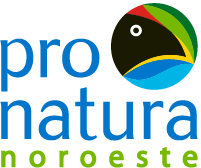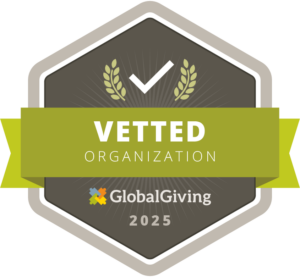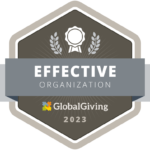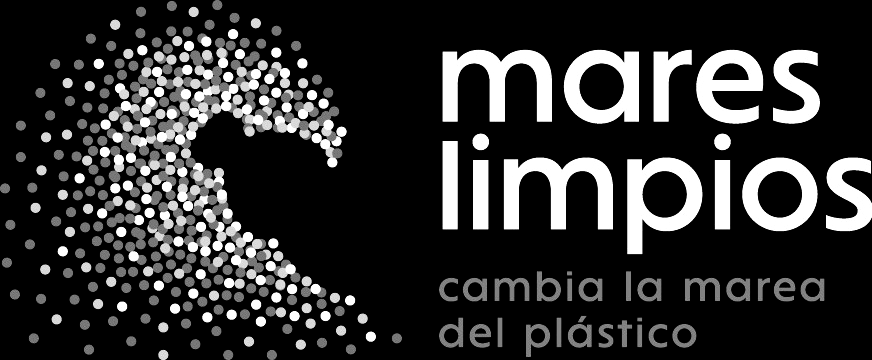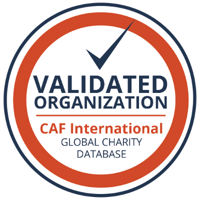In San Felipe, Baja California, the 1st Abandoned Fishing Gear Collection and Recycling Tournament was held, collecting a total of 3 tons of waste. This is the first time a tournament of this nature has been held in the Gulf of California, and was organized by Parley for the Oceans in collaboration with Pronatura Noroeste, Cetacean Action Treasury, Pesca ABC, Rescatando la Pesca en el Alto Golfo, the Comisión Nacional de Áreas Naturales Protegidas (CONANP), the Consejo Municipal Fundacional de San Felipe, as well as the Federación Andrés Rubio Castro and the Federación de Cooperativas Ribereñas de San Felipe.
The objective of the tournament was to promote good practices for the disposal of plastic garbage and to prevent unused fishing gear from ending up in open dumps, on beaches or in the sea, where they become “ghost nets” or micro-plastics. Preventing these scenarios from occurring is crucial because of their negative impact on the environment in the short, medium and long term. While “ghost nets” can float indefinitely, carried by the tides, lethally impacting marine biodiversity, on the other hand, micro-plastics subtly enter the food chain by being mistaken as food by fish that eventually return to humans through fishing.
This massive mobilization and collection of fishing gear waste will reduce the potential threat of waste contamination on the coasts and marine waters within the Upper Gulf of California and Colorado River Delta Biosphere Reserve. The success of the tournament was undoubtedly due to the participation of the local community, with the recognized work of the fishing cooperatives and federations, especially the shrimp, olive ridley and generous clam fishermen, who strive every day to take care of the Gulf of California.
San Felipe was chosen as the first host of the Baja California Disused Fishing Gear Collection Tournament, as part of a broader strategy that seeks to raise awareness about disused fishing gear in fishing communities. Previously, similar tournaments have been held in communities in Tamaulipas, Veracruz, Tabasco, Campeche and Quintana Roo.
An important part of our work focuses on the conservation of priority coastal and marine ecosystems in northwestern Mexico.
